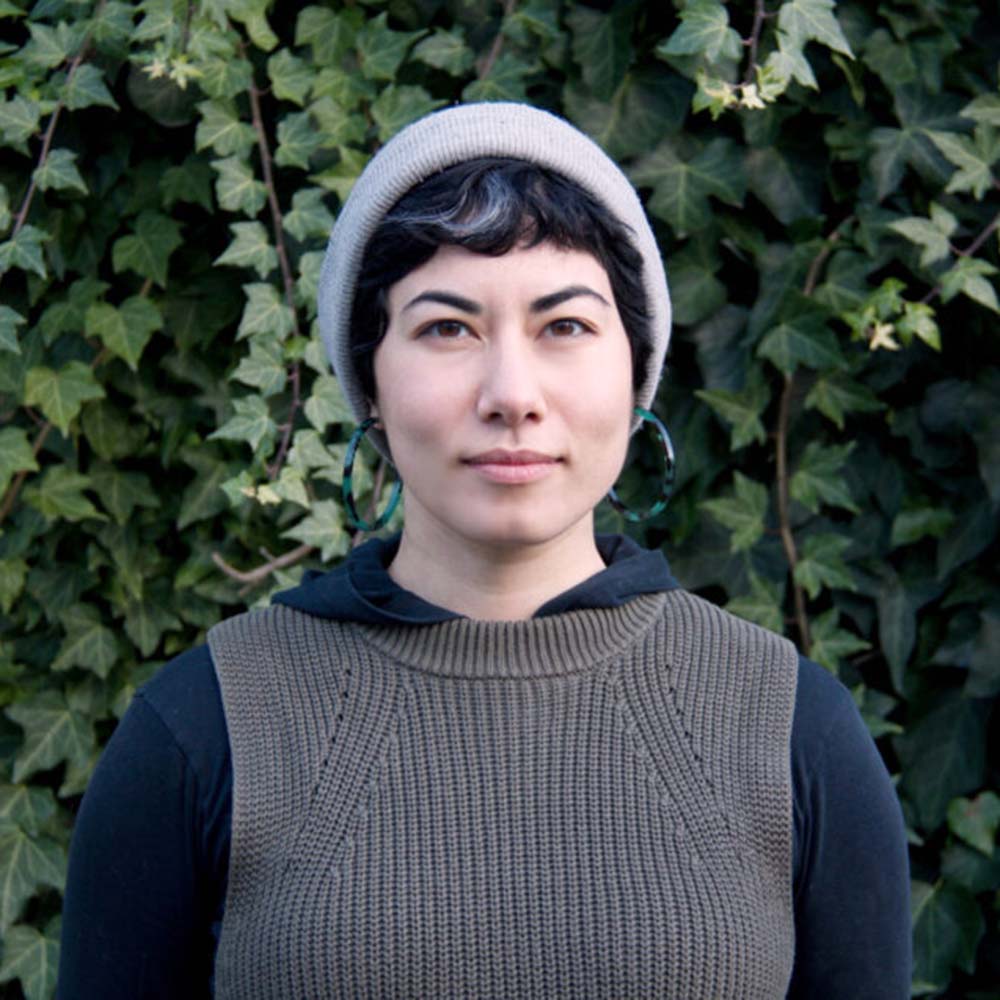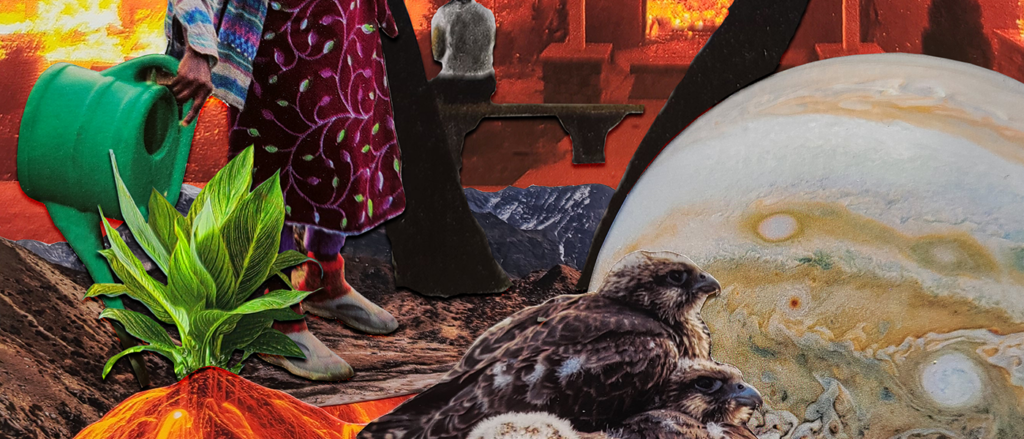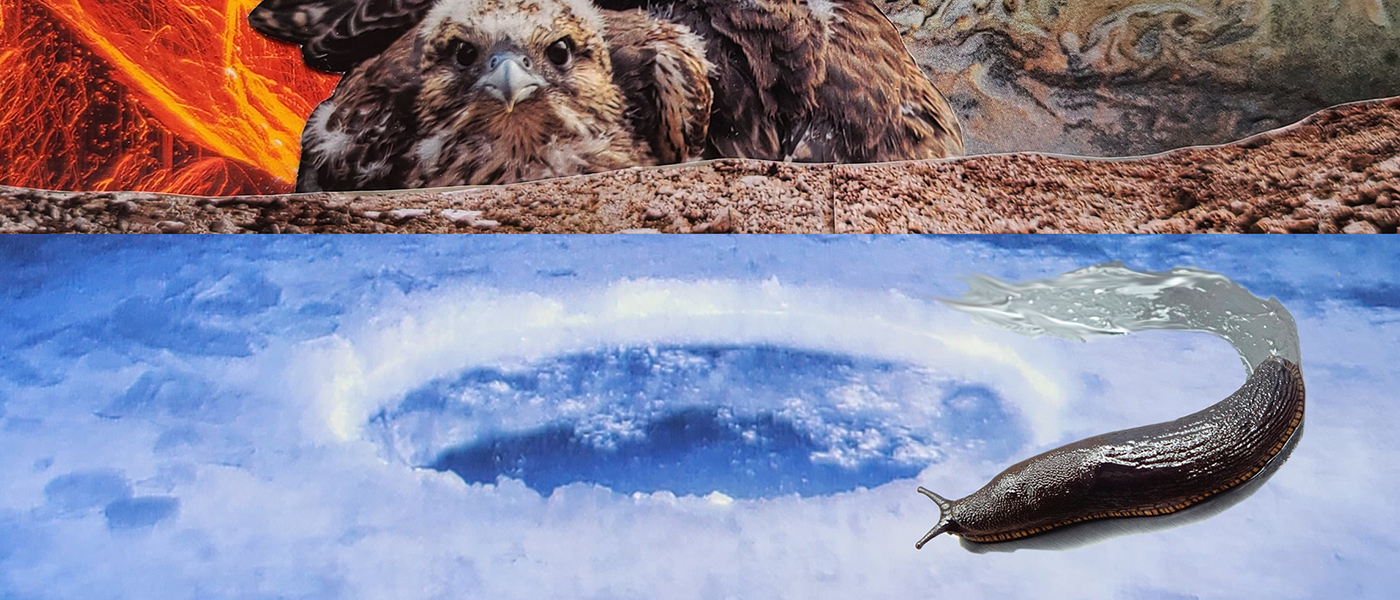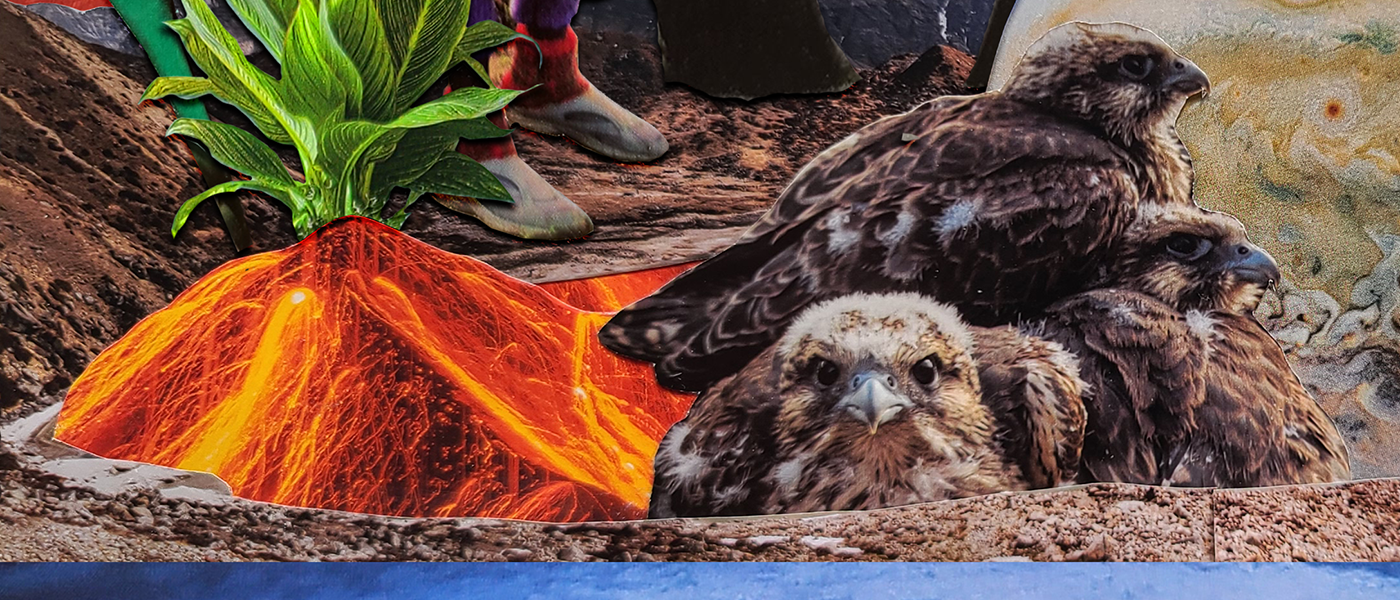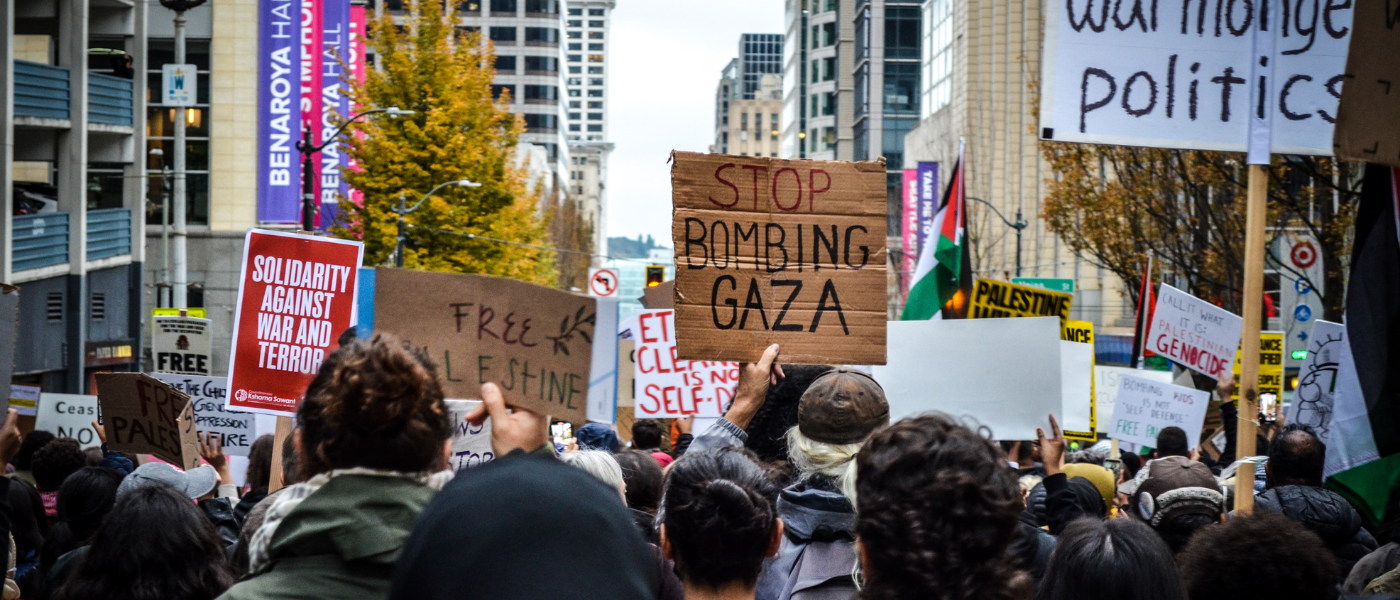caring (about)
In the spring, I plant flowers and vegetables. Despite my history of garden neglect, each year I delight in the sensation of newly turned soil. And each year, as my days fill with hours spent working at the hospital, I do not tend to the garden. Still, some things grow among the weeds. Inedible small carrots. Thin hard beets. I call my deceased mother’s friend for advice. She offers up this: gardening is about cultivating attention to the living. You notice what needs tending to, and then you tend to it.
What springs up best this year is Cosmos flowers – bounties of them. Pink and iridescent. They don’t suit bouquets; they are too fragile and their petals blow off quickly. But I pluck a few and put them behind my ear on my way out the door, where they stay, all the way to the bus stop at the bottom of the hill. When I board the bus at 6:15 am for work, I sometimes see their petals pushed under the closing door as we drive away.
What is the attention that is cultivated in nursing? You can tell so much from the doorway of a room while someone sleeps. You can count their breaths, observe the symmetry of their chest. Do they shiver or shake? There is a type of care that requires no touch at all. An attention rendered invisible.
But there is another type of cultivated attention in nursing that also does not require touch. You notice a righteousness in a security guard’s eye as he reprimands your patient. You notice the resignation on a mother’s face as she waits another hour for CPS to issue their verdict. Passing a room full of laughing family members, you have to wonder why this family gets to have so many guests despite the hospital’s restricted COVID-19 policy, whereas another patient’s family is turned away at the ER entrance.
One day there is a new nurse on the floor. She is younger than me, just graduated from nursing school, and one of the few other women of color in our workplace. After several days observing from afar, I conclude that she is too angry. It is not her anger that is too much. It is that the hospital cannot hold it. Her anger is becoming resentment. And there is a fine line between being resentful at an institution for its failures and projecting that resentment onto those you care for.
I find her in the playroom. Since the pandemic started, the playroom of the pediatric burn ward has been closed to patients. Now piles of N95s, face shields, and gowns line the walls. At the kid’s table, low to the ground, a placemat is taped. This is where we eat on our breaks now, one person at a time. Against the rules, I let myself in and lean back in the rocking chair for nursing mothers. I watch her eat. “My mother cooked this for me,” she says. “We don’t always get along, but she still makes me lunch for work.”
It is in these moments that camaraderie forms. We get to know each other in intimate moments: at the nurses’ station in the middle of the night, in swivel chairs, between helping one another with wound care, between drawing or giving blood, while hurriedly stretching old hospital linens onto beds, while relieving each other for breaks. Among other nurses, I hear about a regretted tattoo, visa struggles, unusual sex kinks, a surprising love for Audre Lorde poetry. As we pay attention to each other, we feel less alone in the things we notice by ourselves.
Mainly, I am quiet in these conversations. But once, struggling with sadness, I text a co-worker and ask: “How can I show up to work and smile at patients when my instinct is to cry instead? How can I continue?” She responds: “Oh girl…we can’t always do our best. But if you can’t do your best, just try and be safe.”
Yet, I find that I am often my best at work. I am too busy to think about myself, and it helps. Sometimes I ride a wave of joy. I buy everyone little Andes chocolates and hand them out, to patients and to staff. I give a flu shot to a 13 year old who fell off his skateboard, and then an Andes mint – you win!
It’s home that becomes the problem, as the pandemic wears on. I cry more often than I pee. It is hard to not internalize all the suffering we participate so intimately in. One night, frustrated at my own weakness, I punch a wall hard enough to make a dent. My hand throbs all the next day at work, making it difficult to push pills from their wrappers at the bedside. I fumble and drop an Oxycodone, and spend a moment on hands and knees awash with shame while my patient compassionately looks away, absorbed by the detective show on TV.
caring (for)
In the summer, a child is burned by boiling soup and airlifted to our hospital in Seattle. She is with her two siblings and her mother who are visiting the US only temporarily. Our visitor policy has been restricted due to COVID-19 since March, and the mother is told she needs to find childcare for her two younger daughters. So I ask around, and my neighbor offers to watch the children. One evening, walking home from the bus stop I run into them, the two children and my neighbor, all holding hands and giggling.
With daily wound care and one trip to the operating room, the patient begins to improve. The trick of nursing in a pediatric burn unit is to try and make wound care as tolerable an experience as possible. To keep the focus of children off the pain and the blood. This particular patient wants to watch The Little Mermaid, so I pull it up on the computer as I wash her hair. Unfortunately YouTube doesn’t have the whole movie, so between clips I have to try and remember the plot, and I end up wildly gesturing as I make up details. She alternates between crying in pain and laughing at me. Wound care with her takes over an hour each day. Despite this, we are patient with each other.
The day she is to be discharged, the attending physician tells me that the final bandage from the donor site on her thigh needs to be removed. Usually, these bandages stay on until a follow-up appointment. I am confused by this request, but he insists that it comes off so I prepare to rip it off the skin. I grit my teeth while I do this. The patient howls and sobs in the minute that it takes. When it’s over, she won’t look at me.
A few days later, her mother texts me a photo of the patient’s wound on her thigh. It looks infected. I say, “Did you call the clinic?” She says, “Yes, they said it was fine.” I tell her I’ll talk to the clinic in the morning. But the next day, a different, new patient, has a stroke while I do his wound care, and in the mess of it all, I forget to call the patient’s mother.
Later that day I see the girl’s name on the monitor. The charge nurse tells me that she returned to the ER the prior night with blood draining from her bandages. She was taken to the operating room emergently, and her skin graft was secured with stitches and staples. Now she has been transferred back to our floor. I go to her room and sit beside her on the bed. I pull from behind my back the game Rush Hour. It’s a silly puzzle game with little plastic cars bumper to bumper. She is quieter than during her previous stay. We play in silence. Her mother returns from the grocery store with chicken and noodles and sets up a hotpot in the corner of the room, where she makes dinner for her family.
That same week, wildfire smoke from California and Oregon fills the basin in and around Seattle. The mother of the patient texts me and asks: “Do you have HEPA filters? Do you need them?” The truth is that although I have looked for filters at the nearest hardware stores and they have all been sold out. I tell her that I’m still looking.
When I return home from work one day, there are three brand new filters on my doorstep. I am so touched by this gesture. I duct tape them on the air conditioner and a box fan inside. Within a day, they are black with particulate smoke. Soon after, the patient, her two sisters, and her mother leave Seattle. We text our goodbyes back and forth.
caring (with)
In the winter, on a whim, I book a little trailer on the Washington Coast and drive there alone in my pickup truck through pounding rain. Impatient at the first sight of ocean water, I pull over on Highway 101 and jump the railing. Soon I am tumbling through the greenery, down to the water. My boots trip over Oregon grape, small leaf huckleberry, sword fern. There are scents of root, of mist, of salt. So much that has been invisible to me in the city reveals itself to me now, now that I am looking at it.
Care work is like this: it is everywhere, though so often unseen. And more often than not, it is more mutual exchange than what we have been taught to believe. Secrets for support; mimed Disney films for HEPA filters; ocean for fern, sea for salt. This is the fabric of the hospital– but you have to look, and then you have to notice. And this is how you know what to tend to, and how.
I didn’t tell the full story of the Cosmos flowers in my garden. It is true that I rarely watered and that I never weeded. The summer was suffocating. Each day the bus let me off on the corner of 23rd, and at the peak of summer, the sunset colored the entire sky over the lake. Down three flights of steps and through the creaky fence gate, I would walk through to see the garden already watered, the Timothy grasses already pulled away from the roots of kale. I have not always been attentive to the caring of others. But I always notice when things grow. The Cosmos flowers not only grow; they thrive.
